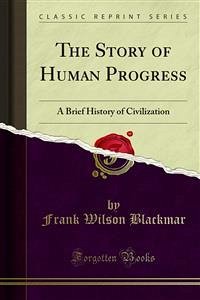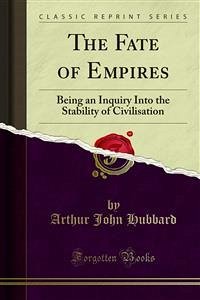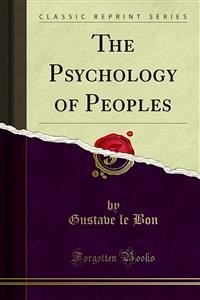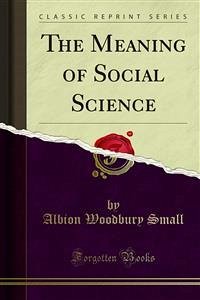The History of Human Marriage is an 1891 book about the history of human marriage by the Finnish philosopher Edvard Westermarck. The work is a classic in its field.
The History of Human Marriage is an overview of the world history of human marriage.
Westermarck argues that marriage is a social institution that rests on a biological foundation, and developed through a process in which human males came to live together with human females for sexual gratification, companionship, mutual economic aid, procreation, and the joint rearing of offspring.
David Blankenhorn calls the book one of the best histories of human marriage, and considers it deservedly famous. He comments, however, that it leaves out a great deal of material while "skimming too quickly over too much." Blankenhorn believes, however, that scholarship subsequent to Westermarck's has tended to support his conclusions.
The Finnish philosopher Jaakko Hintikka calls the work a monumental study and a classic in its field, but notes that it is now antiquated.
The History of Human Marriage is an overview of the world history of human marriage.
Westermarck argues that marriage is a social institution that rests on a biological foundation, and developed through a process in which human males came to live together with human females for sexual gratification, companionship, mutual economic aid, procreation, and the joint rearing of offspring.
David Blankenhorn calls the book one of the best histories of human marriage, and considers it deservedly famous. He comments, however, that it leaves out a great deal of material while "skimming too quickly over too much." Blankenhorn believes, however, that scholarship subsequent to Westermarck's has tended to support his conclusions.
The Finnish philosopher Jaakko Hintikka calls the work a monumental study and a classic in its field, but notes that it is now antiquated.









